Ants everywhere!!!
1fullhouse
16 years ago
Related Stories
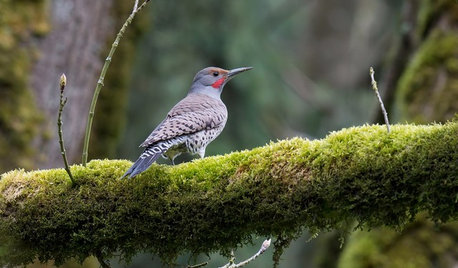
GARDENING GUIDESBackyard Birds: Healthy Home Habitats for Northern Flickers
These colorful woodpeckers found across the U.S. and Canada love berries, seeds and ants and often nest in deep burrows in trees
Full Story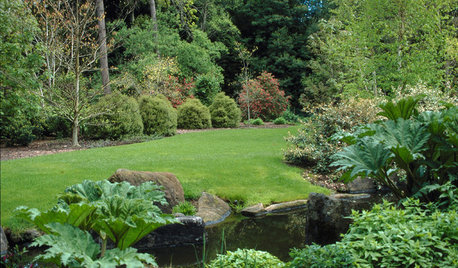
GARDENING GUIDESYou Don't Need Prairie to Help Pollinators
Woodlands, marshes, deserts — pollinators are everywhere
Full Story
VACATION HOMESHouzz Tour: Childhood Memories Shape a Lakeside Cottage
A Canadian man couldn’t salvage his grandfather’s cottage, but he keeps the family connection alive with a new structure in the same space
Full Story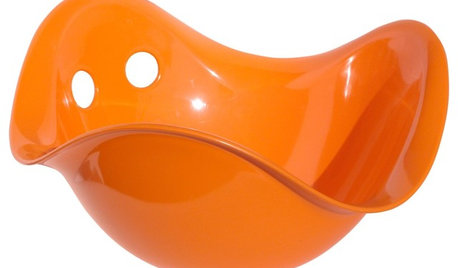
PRODUCT PICKSGuest Picks: 20 Quiet and Contained Kids' Toys
No batteries. Minimal losable pieces. And they engage the imagination. Need we say more?
Full Story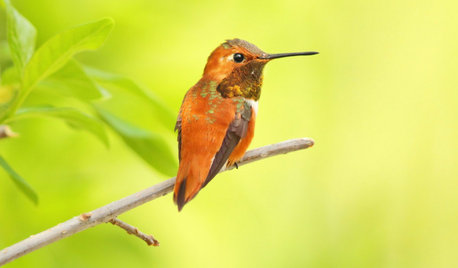
GARDENING GUIDESBackyard Birds: Invite Entertaining Hummingbirds Into Your Garden
Hummingbirds — unique to the Americas — zip through open landscapes seasonally or year-round. Here’s how to attract them
Full Story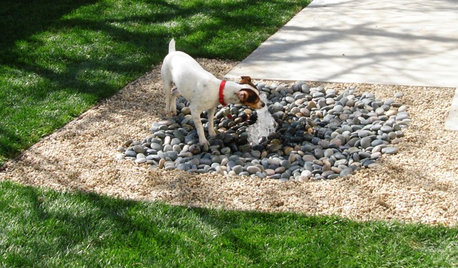
MOST POPULAR8 Backyard Ideas to Delight Your Dog
Cue the joyous soundtrack. These pet-friendly landscape and garden ideas will keep your pooch safe, happy and well exercised outdoors
Full Story
GARDENING GUIDESHow to Switch to an Organic Landscape Plan
Ditch the chemicals for a naturally beautiful lawn and garden, using living fertilizers and other nontoxic treatments
Full Story
GARDENING AND LANDSCAPINGPorch Life: Banish the Bugs
Don't let insects be the bane of your sweet tea and swing time. These screening and product ideas will help keep bugs at bay on the porch
Full Story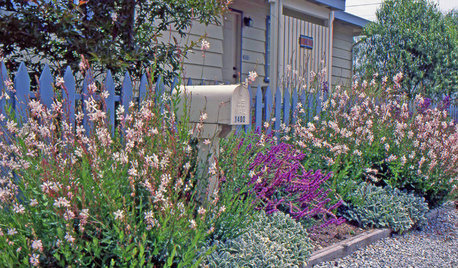
GARDENING GUIDESGreat Design Plant: Gaura Lindheimeri
Delicate, butterfly-shaped flowers ‘float’ above the foliage of this lovely, drought-tolerant perennial
Full Story
MATERIALSInsulation Basics: What to Know About Spray Foam
Learn what exactly spray foam is, the pros and cons of using it and why you shouldn’t mess around with installation
Full Story





1fullhouseOriginal Author
skoot_cat
Related Professionals
Salem Landscape Contractors · West Palm Beach Landscape Contractors · Westchester Landscape Contractors · Campbell Driveway Installation & Maintenance · Drexel Hill Swimming Pool Builders · Orangevale Swimming Pool Builders · Summerlin South Swimming Pool Builders · Thousand Oaks Swimming Pool Builders · Albany Fence Contractors · Fallbrook Fence Contractors · Lake Zurich Fence Contractors · Lexington Fence Contractors · Markham Fence Contractors · Olive Branch Fence Contractors · Peoria Fence Contractorsrhizo_1 (North AL) zone 7
chris_ont
lou_spicewood_tx
dao4686
bpgreen
dao4686
1fullhouseOriginal Author